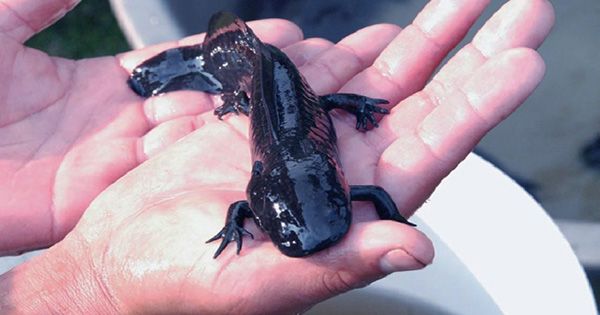Plant cognition, also known as plant gnosophysiology, is the study of plant learning and memory, which investigates the idea that plants, like animals, can detect, respond to, and learn from internal and external stimuli in order to choose and make the most appropriate decisions for survival. Plant cognition calls into question long-held beliefs that only animals, particularly those with complex neural systems, can perform cognitive processes. Plants may not have brains or nervous systems like mammals, yet they do exhibit sophisticated actions that suggest some type of cognition.
Over the last few years, experimental evidence for plants’ cognitive nature has expanded dramatically, revealing the extent to which plants may respond to their environments through senses and cognition. According to some experts, plants and animal nervous systems receive information in comparable ways. The consequences are debatable: whether plants have cognition or are merely animated things.
Here are some aspects of plant cognition:
- Sensory Perception: Plants can perceive and respond to their surroundings. They can detect light, gravity, moisture, temperature, and even specific compounds. Plants, for example, can grow towards a light source via phototropism and modify their growth direction based on gravity.
- Communication: Plants can interact with one another and with other organisms. When a plant is attacked by herbivores, it can emit volatile organic molecules that warn other plants to prepare for a future threat. This type of messaging suggests some form of communication.
- Memory: Plants can “remember” previous exposures to stimuli and adjust their responses accordingly. For example, some plants can develop a form of immune memory, allowing them to respond more effectively to pathogens they have encountered before.
- Learning: While not in the same way animals do, plants can exhibit learning-like behaviors. They can adjust their responses based on past experiences and environmental conditions.
- Adaptability: Plants have an impressive ability to adapt to changing environments. They can change their growth patterns, flowering seasons, and other physiological processes in response to environmental stimuli.
While the topic of plant cognition is still young and controversial, researchers are learning more about the interesting ways in which plants interact with and respond to their surroundings. It is vital to emphasize that plant cognition differs from animal cognition, and the mechanisms involved are currently poorly understood.
















